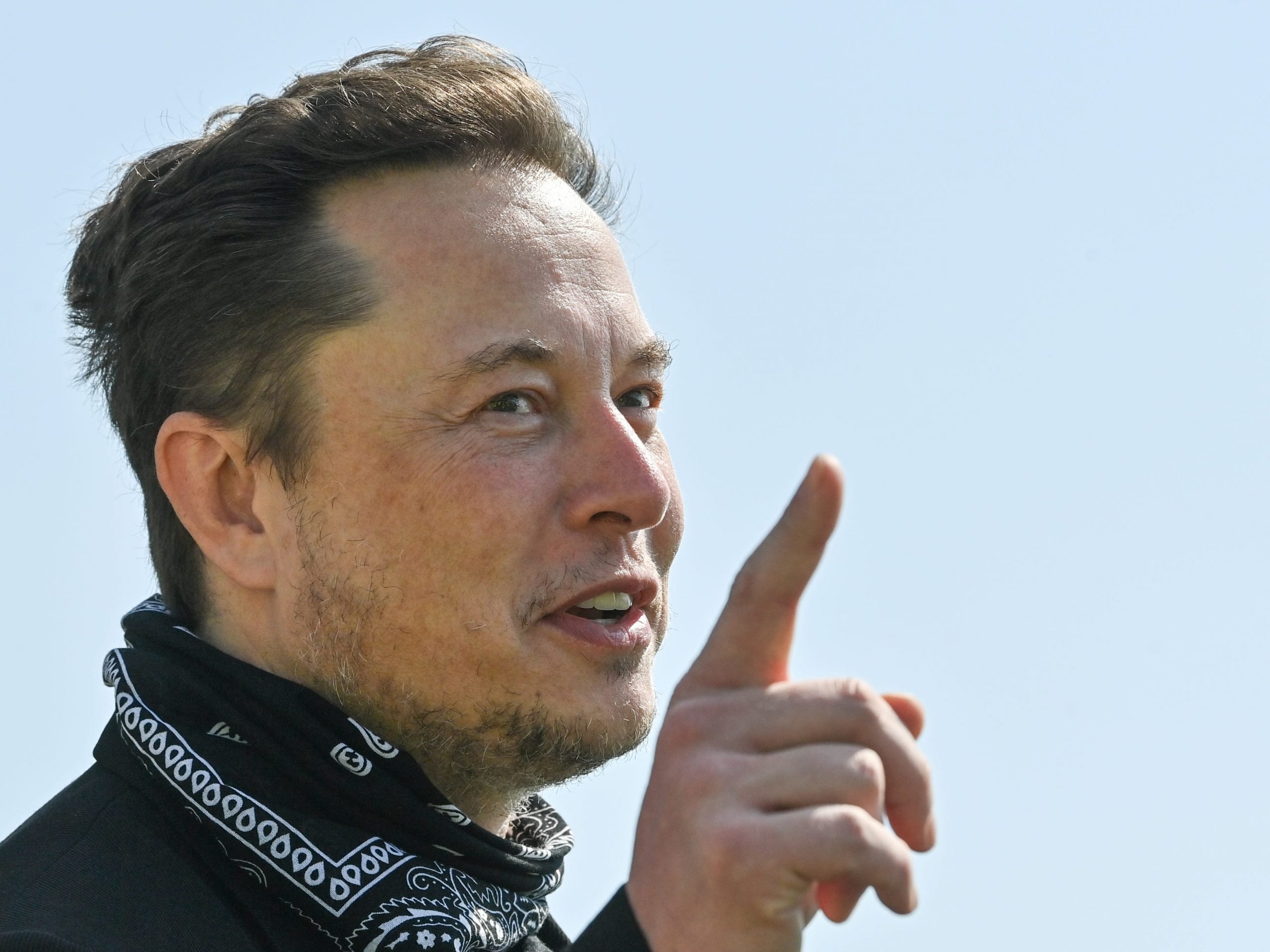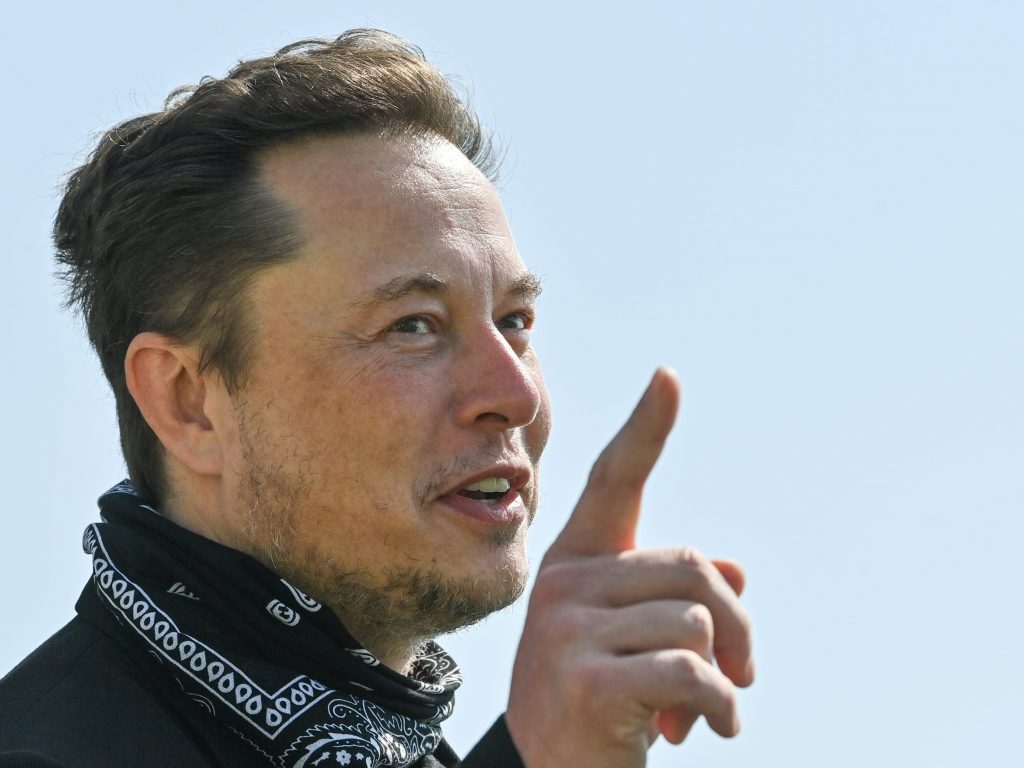
Patrick Pleul/Pool via Reuters
- Elon Musk said supply-chain snags from COVID-19 have caused "super crazy" shortages for Tesla.
- The CEO said the transportation issues impacted the release date of Tesla's new Roadster.
- On Saturday, backlogs at one of the largest ports in the US hit an all-time high.
- See more stories on Insider's business page.
Elon Musk said that supply-chain snags have hindered Tesla's plans in 2021.
"2021 has been the year of super crazy supply chain shortages, so it wouldn't matter if we had 17 new products, as none would ship," Musk tweeted on Wednesday.
Musk issued the tweet in response to a question on Twitter regarding when the new Roadster would be released.
"Assuming 2022 is not mega drama, new Roadster should ship in 2023," Musk said.
-Elon Musk (@elonmusk) September 1, 2021
The all-new vehicle will resurrect the name of Tesla's first-ever car and was originally unveiled as a concept car in 2017. Its release date has been pushed back several times over the years from 2021 into 2023. The super car is expected to have a starting price of about $200,000.
A Tesla spokesperson did not respond to a request for comment from Insider. Earlier this year, Musk said pandemic supply-chain issues and the global microchip shortage had resulted in "insane difficulties" for Tesla.
"We've had some of the most difficult supply-chain challenges that we've ever experienced in the life of Tesla," he said during an earnings call in April.
Port delays have made it difficult for Tesla and numerous other major companies to gather and ship supplies. On Saturday, delays at two of the country's largest ports in southern California hit an all-time record as 44 ships waited to dock.
In February, Tesla briefly halted production on its Model 3 at its car assembly plant in California, citing supply-chain issues caused by backlogs at ports and severe snowstorms slowing down ground deliveries.
The global semiconductor shortage has also wreaked havoc on tech and automotive companies.
Many automakers have since been forced to shut down manufacturing plants and prioritize the most profitable car models they produce as a result of the shortage. Computer chips account for about 40% of a new car's cost, according to a report from Deloitte, and are used in navigation, bluetooth, and collision-detection systems.

